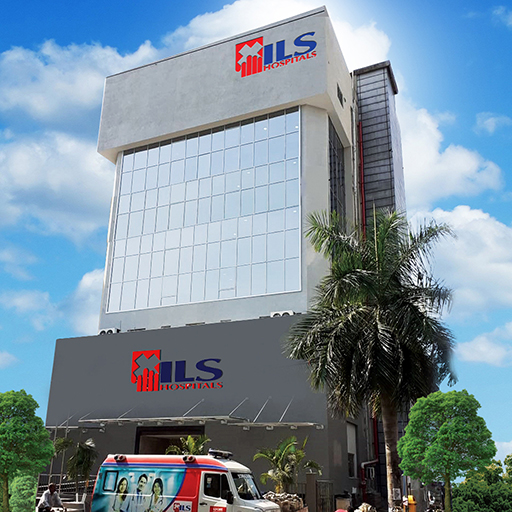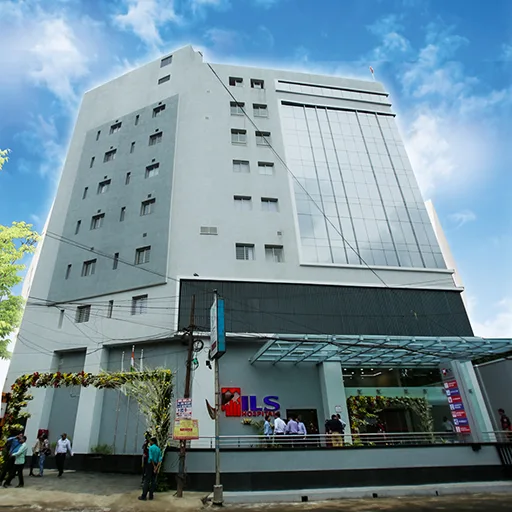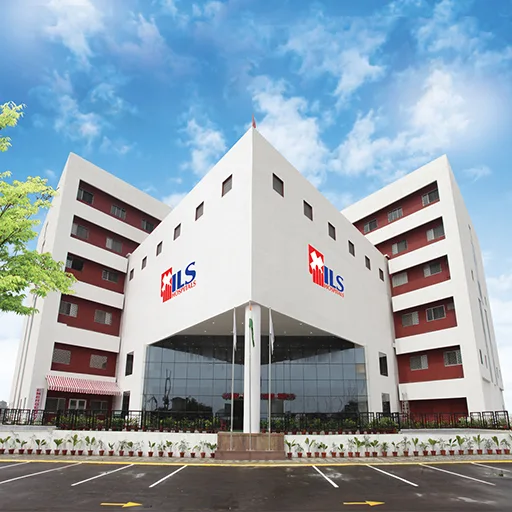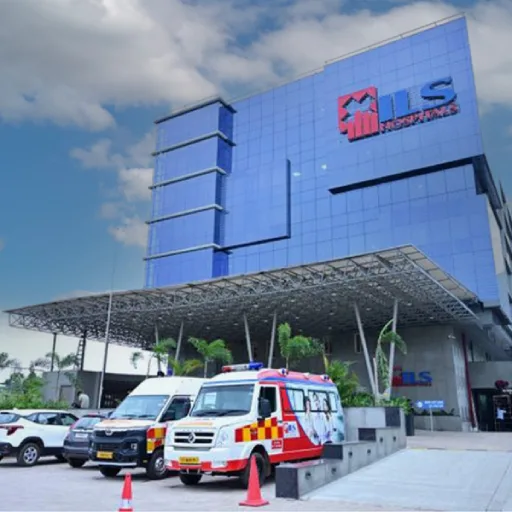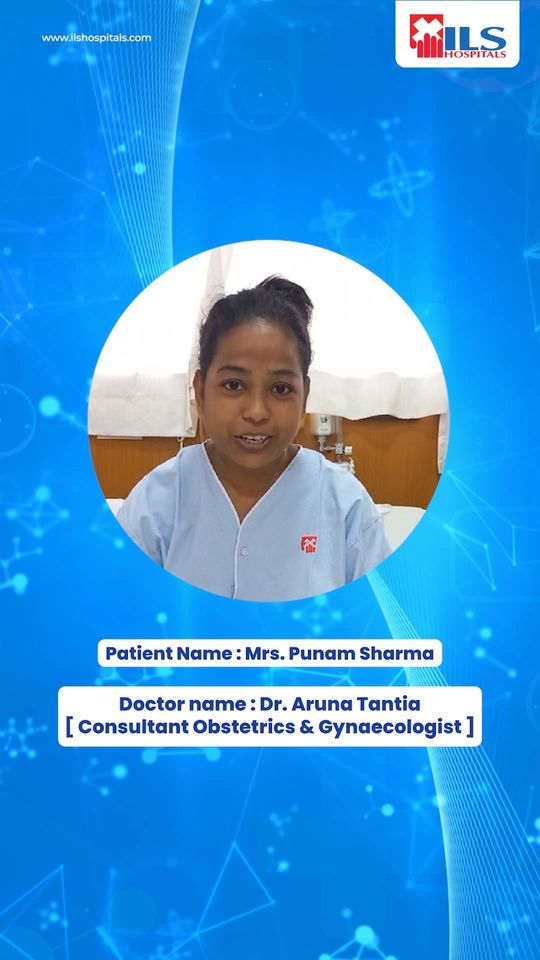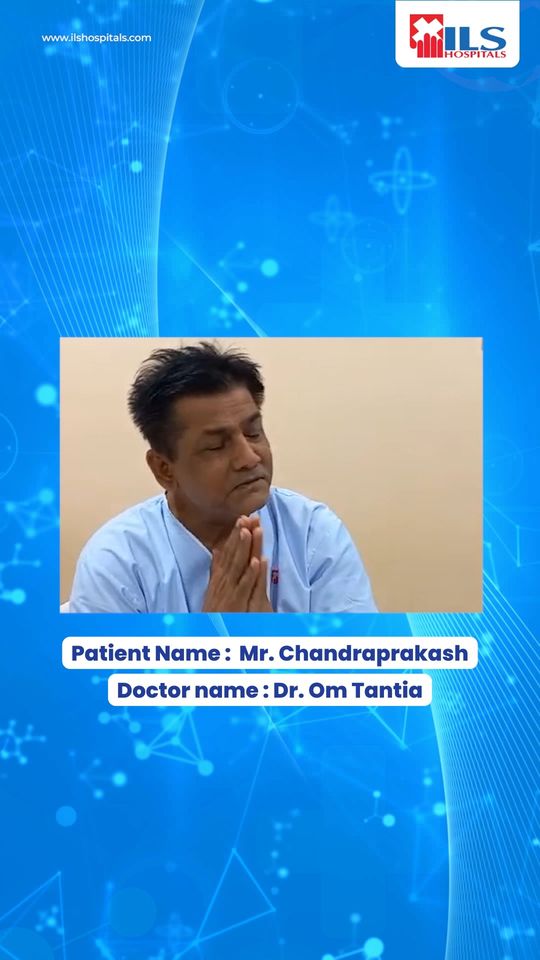ERCP (Endoscopic Retrograde Cholangiopancreatography)
ERCP, or Endoscopic Retrograde Cholangiopancreatography, is a specialized procedure used to diagnose and treat issues concerning the gallbladder, bile ducts, and pancreas. This is achieved by visualizing the biliary tree – the network of ducts that carry bile from the liver to the small intestine for digestion. The pancreas, in addition to producing enzymes necessary for digestion, also secretes important hormones like insulin.
ERCP Diagnosis
During an ERCP procedure, a slender endoscope equipped with a light source is introduced through the patient’s mouth. It navigates through the oesophagus, stomach, and the upper part of the small intestine before being safely removed. In order to access both the pancreatic and biliary duct openings simultaneously, a specialized tube is guided through the centre of the endoscope.
A contrast medium or dye is passed through this tube, and X-rays are taken. The contrast medium not only highlights the areas of interest but also provides valuable information regarding blockages or issues that might not be otherwise discernible. Modern endoscopes are also equipped with video capabilities, affording physician’s additional diagnostic tools.
ERCP is performed for various reasons, including:
- Diagnosing and treating disorders in the pancreatic or bile ducts, such as stones.
- Clarifying abnormal results from blood tests, ultrasounds, or CT scans, especially if symptoms like abdominal bloating or jaundice are present.
- Addressing issues during or after gallbladder surgery.
- Detecting and managing tumours and blocked bile ducts using indwelling plastic tubes called stents.
- Identifying and addressing complications post-gallbladder surgery.
- Diagnosing other health conditions in addition to assessing and treating problems post-gallbladder surgery.
Procedure
ERCP is a comprehensive diagnostic procedure that employs an endoscope and X-rays. It involves a flexible and illuminated tube. The patient is positioned on a table and administered local anaesthesia and sedation to ensure comfort during the procedure. The endoscope is guided through the oesophagus, stomach, and duodenum, reaching the duodenum and the bile duct. Following the injection of dye, X-ray equipment captures images, enabling the evaluation of narrow or blocked ducts. Additional steps such as biopsies, gallbladder stone removal, or the examination of issues like scarring might also be performed.
MRCP (Magnetic Resonance Cholangiopancreatography)
Magnetic Resonance Cholangiopancreatography, or MRCP, is a non-invasive diagnostic technique that employs magnetic resonance imaging (MRI) to create detailed images of the liver, pancreas, and biliary systems.
MRCP utilizes the power of a strong magnetic field, radiofrequency pulses, and a computer to produce high-resolution images of the body’s internal structures. Unlike X-rays, MRCP doesn’t involve radiation, making it a safe and effective diagnostic tool.
MRCP is employed for various purposes, including:
- Analysing conditions of the liver, gallbladder, bile ducts, pancreas, and pancreatic duct, such as tumours, stones, inflammation, and infections.
- Diagnosing the underlying cause of pancreatitis, and evaluating pancreatic function and secretions by administering Secretin during the MRCP.
- Investigating unexplained abdominal pain.
MRI is non-invasive, doesn’t expose patients to radiation, and provides invaluable insights for healthcare professionals.At ILS Hospitals, we are committed to delivering high-quality healthcare, and our ERCP and MRCP services exemplify our dedication to accurate diagnosis and effective treatment. If you require an ERCP or MRCP procedure, our experienced medical team is here to provide you with the best care possible. Your health and well-being are our top priorities.



